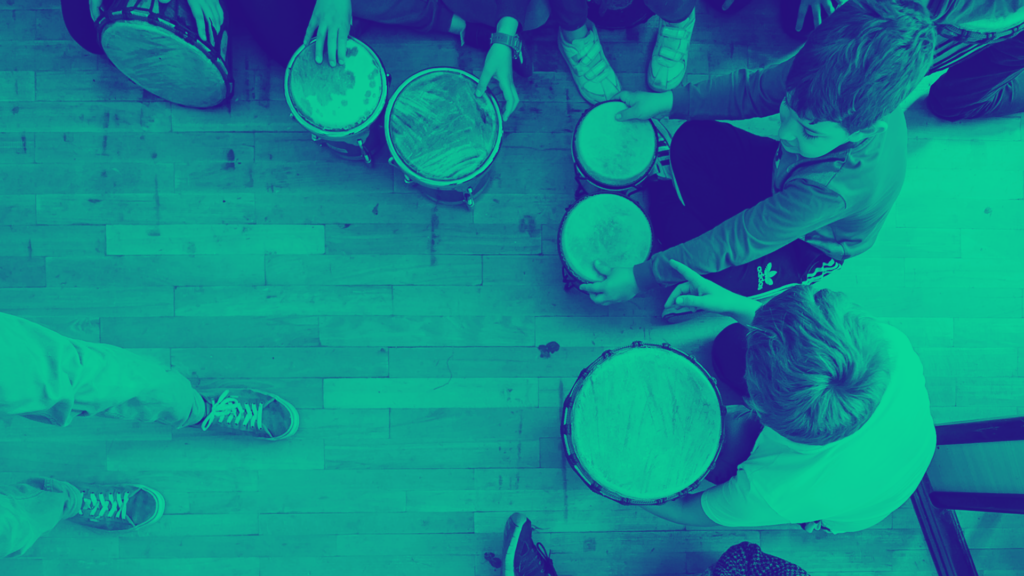Mental Health Of Refugees And The CultureForHealth Project

This week, May 9-13, marks the European Mental Health Week. Set up and run for a third consecutive year by Europe’s largest independent mental health NGO Mental Health Europe (MHE), the theme of this year’s edition, Speak Up for Mental Health, will shine the spotlight on youth mental health.
In light of the ongoing war in Ukraine and the recent refugee flux – consisting mostly of young individuals – the particular issue of mental health needs of refugees and forcibly displaced people is crucial and timely.
In an effort to shed light upon the aforementioned issue the CultureForHealth project, which responds to the objective of the Preparatory Action – Bottom-Up Policy Development for Culture & Well-being in the EU, is in the process of developing a paper, mapping evidence of the ways arts and culture can support the mental health and well-being of forcibly displaced people (to be released soon).
There is an increasing amount of evidence showing how arts and health activities can positively support the health of people who have been forcibly displaced. Extensive literature shows how different arts activities – such as music, literature and writing, theatre and dance, visual and participatory arts – positively affect psychological, social, and behavioural processes. For instance, such activities can improve self-confidence; engage individuals in healthy behaviours; promote social inclusion; and most importantly, offer hope.
Therefore health workers, cultural organisations, artists, arts therapists, policy makers, relief workers, and others engaged at the intersection of art, health, and humanitarian aid should all be encouraged to:
- Call for investment in arts activities in relation to forcibly displaced people: an investment in the arts is an investment in the health of communities.
- Recognise cultural and community assets as potential platforms that can support the health and wellbeing of forcibly displaced persons.
- Ensuring arts is a core part of health policy and strategy concerning forcibly displaced populations, for instance by incorporating artist-led initiatives and arts therapies in the response.
- Organise arts and cultural activities for displaced persons as a means of building resilience, rather than medicalising trauma.
- Integrate the arts into mental health literacy and skills training to encourage productive active listening, cultural sensitivity, trauma management, community-based activities, and community empowerment.
- Communicate across emergency response communities. Health workers, artists, arts therapists, policy makers and humanitarian workers can learn from each other and work collaboratively.
The CultureForHealth project, co-funded by the European Commission and implemented by a consortium consisting of Culture Action Europe Trans Europe Halles, Central Denmark Region, The Northern Dimension Partnership for Culture, Centrul Cultural Clujean and Društvo Asociacija, has the ambition to trigger a true policy change in EU, regional and local levels – bringing closer together the health, cultural and social policies.
Share your initiative of arts and culture for improved health and well-being and become part of the new extensive database featured on this website, helping to increase the recognition of the benefits of arts and culture for individual and community well-being and improved health. Entries can be projects, programmes or policies.
